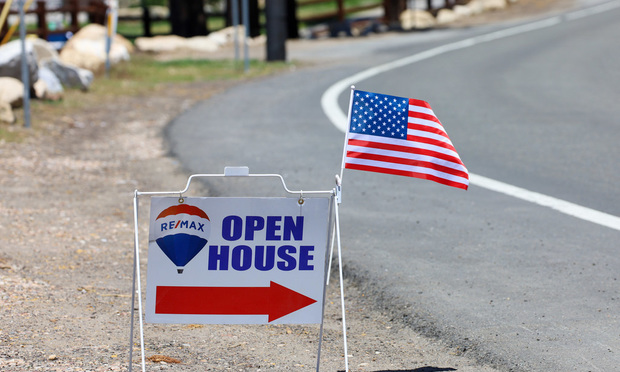NU Online News Service, May 19, 3:37 p.m. EDT
Fifty-five percent of executives at global companies said they have plan in place to manage pandemic risk and have activated it in response to the outbreak of the H1N1 "swine flu" virus variation.
A survey released today, taken during the week of May 4 by New York-based The Conference Board, a not-for-profit think tank, found that of 121 members of 44 councils--small, cross-industry networking peer groups of executives--the majority (66 percent) of companies are responding at a global, enterprise level, rather than locally.
Thirty-one percent of survey participants are responding at a national level, only in affected countries where their company is currently operating.
"Our research from The Conference Board councils shows that while there are some differences in corporate responses to the danger of an influenza pandemic, most companies are in agreement that they should be prepared for the worst and ready for a major threat to their global operations," Carolyn Cavicchio, senior research associate, global corporate citizenship at The Conference Board, said in a statement.
While most companies are having discussions with all levels of government, one-third of those surveyed have not engaged with government at all.
According to the survey, companies are taking the following response measures:
o Regular communications are being sent to employees on the impact of influenza viruses on health and work performance by 94.2 percent of firms polled.
o Eighty-one percent are actively encouraging employees to stay home if they do not feel well.
o Antibacterial cleanser such as sanitizing gels are being supplied in public areas or washrooms by 52.9 percent of firms.
o Fourteen percent are cancelling face-to-face meetings.
o Business travel is being restricted by 65.3 percent.
o Antiretroviral drugs for employee use are being stockpiled by 14.9 percent of companies.
o Another 24 percent are taking "other" precautions, the study found.
Almost all companies were found to be taking special steps to communicate more frequently and in more detail about a possible flu pandemic with employees, with 87 percent using new media (such as Web sites and blogs) to accomplish this.
Of those surveyed, 81 percent said they have actively encouraged employees who do not feel well to stay home so they don't infect co-workers.
Most companies, The Conference Board said, have policies like this that can be helpful in managing through the current outbreak. An overwhelming 93 percent of survey participants said they would allow employees to work off-site (from home or a satellite facility) during a pandemic health emergency.
The survey found that of companies surveyed, only 5 percent said the chief executive officer was charged with the pandemic response effort. The largest number, 18.2 percent, said they were headed by a special company task force; 15.7 percent were headed by "other"; and 14.9 percent indicated human resources was in charge.
While half of respondents reported their companies are restricting business travel, particularly to Mexico, half of respondents have not put any restrictions into their travel policies, the survey found.
Want to continue reading?
Become a Free PropertyCasualty360 Digital Reader
Your access to unlimited PropertyCasualty360 content isn’t changing.
Once you are an ALM digital member, you’ll receive:
- Breaking insurance news and analysis, on-site and via our newsletters and custom alerts
- Weekly Insurance Speak podcast featuring exclusive interviews with industry leaders
- Educational webcasts, white papers, and ebooks from industry thought leaders
- Critical converage of the employee benefits and financial advisory markets on our other ALM sites, BenefitsPRO and ThinkAdvisor
Already have an account? Sign In Now
© 2024 ALM Global, LLC, All Rights Reserved. Request academic re-use from www.copyright.com. All other uses, submit a request to [email protected]. For more information visit Asset & Logo Licensing.








